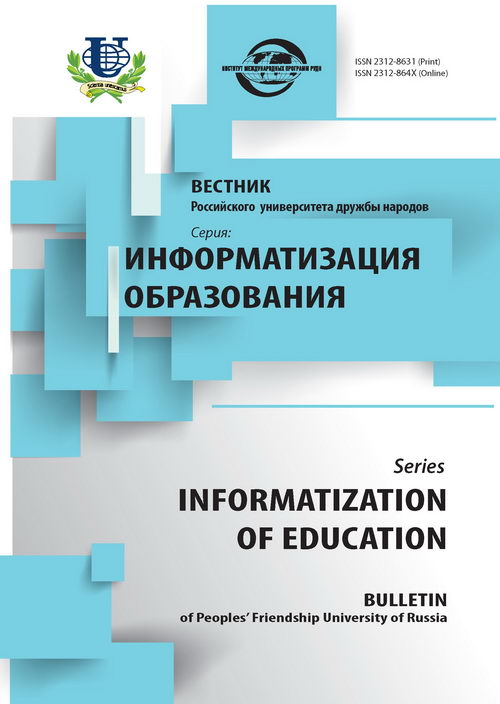INTERSTATE EDUCATIONAL SPACE OF EU AND CIS
- Authors: Krasnova GA1, Polushkina EA1
-
Affiliations:
- Russian Academy of national economy and state service under the President of RF
- Issue: No 4 (2015)
- Pages: 94-113
- Section: ARTICLES
- URL: https://journals.rudn.ru/informatization-education/article/view/13236
- ID: 13236
- Retraction date: 18.10.2018
- Retraction reasons description:
The reason for publication retraction is the identification of multiple article publication. Most of the article was published by the authors at the same time in another journal. Krasnova GA, Polushkina E.A. Educational alliances of the European Union and the Eurasian Economic Union: the state and prospects for expansion // Economics of Science. 2015. Vol. 1. No. 3. P. 198-210. (Number published September 1, 2015). https://elibrary.ru/item.asp?id=2424809
Cite item
Full Text

Abstract
About the authors
G A Krasnova
Russian Academy of national economy and state service under the President of RFCenter for Economics of continuous education
E A Polushkina
Russian Academy of national economy and state service under the President of RFCenter for Economics of continuous education
References
Supplementary files















